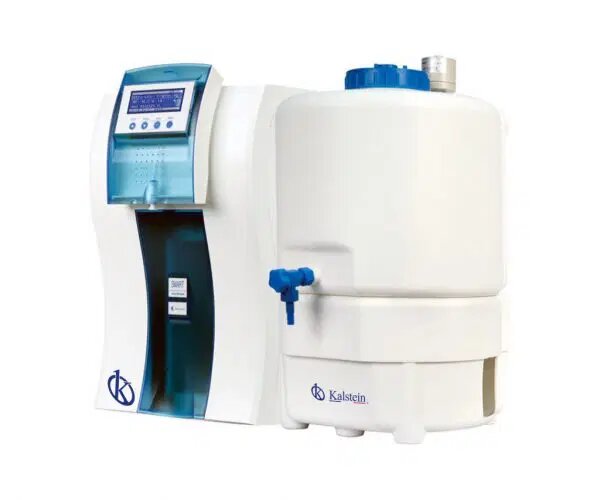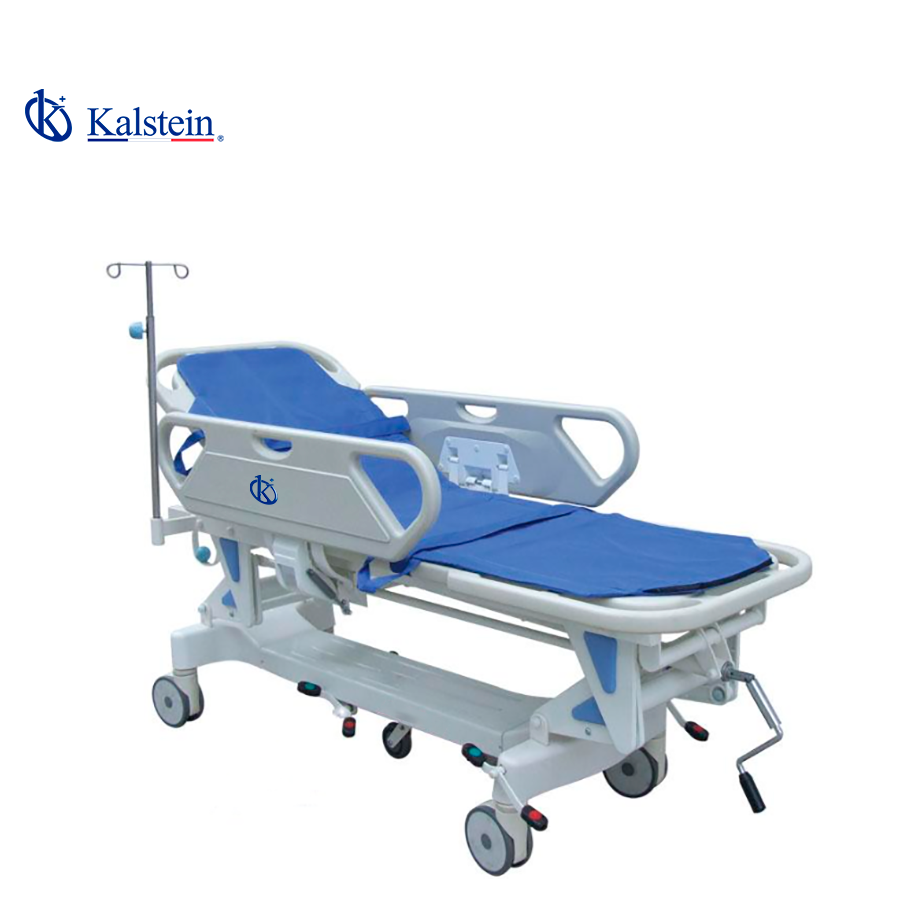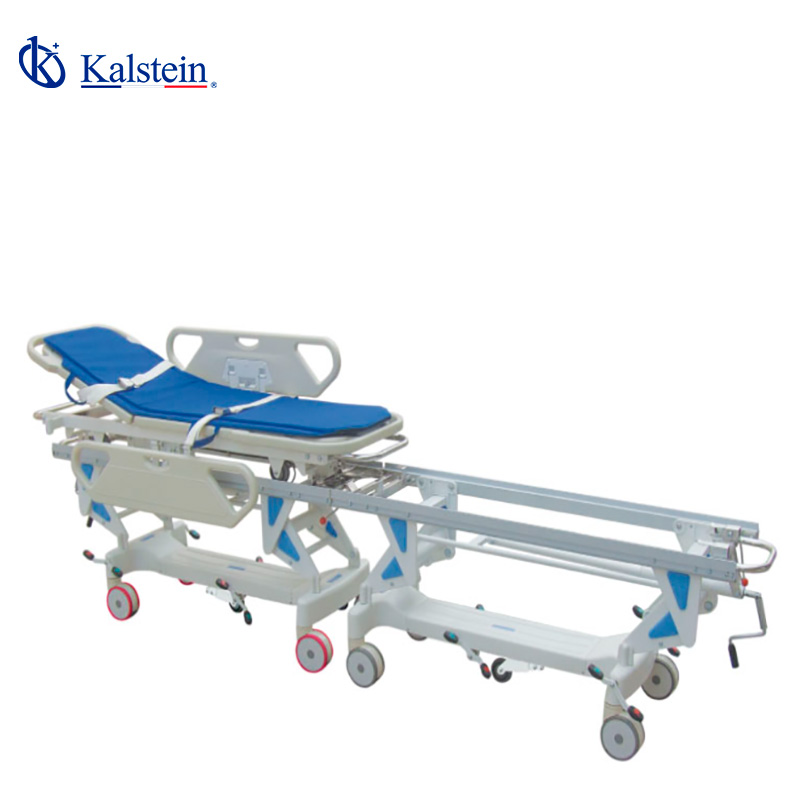The amount of water produced by the purification systems of the laboratories is sometimes insufficient for the demand that must supply, so the storage of pure water (type II) is used for the production of ultra pure water (type I).
However, pure water can absorb impurities during storage, a situation that increases as time passes, due to the existence of multiple sources of contamination in the laboratory. This contamination, which can take the form of ions, gases, bacteria, endotoxins, silica, can filter through the walls of water tanks and reach stored water. The contamination may even come from the container itself.
In the pharmaceutical sector, efforts are made to reduce the degradation of pure water, using techniques such as recirculation through ultra violet lamps and sterilizing filters, among others. However, these methods offer varied effectiveness, are expensive, and are not compatible with a laboratory’s water purification systems, designed to produce in a range of 10 to 200 liters per day.
Characteristics of containers for the storage of pure water
Appropriate and very clean containers should be used in order to avoid further contamination of the water. The use of high density polyethylene (HDPE) for the storage of pure water is recommended before moving to a later stage of purification.
Containers should be opaque, with a smooth inner wall that hinders bacterial growth; the container material should be leaching and corrosion resistant, allowing the maintenance of pure water quality during storage, in terms of resistivity, TOC value and bacterial content.
Ultra pure water storage considerations
Storage of ultra-pure water is generally not recommended because it is highly reactive when exposed to air. Its quality is quickly reduced when it is bound with CO2 to form carbonic acid, carbonate or bicarbonate, which promote a change in the pH value of the water.
Likewise, high purity water has a high affinity for environmental chemicals; it can easily absorb chemicals from containers and storage pipes, as well as chemical vapors from laboratory air.
Polyethylene containers, washing bottles and glass bottles that are regularly used for laboratory water storage, can filter organic molecules into ultra pure stored water. This means that water cannot be used for sensitive analyzes. For example, some studies have shown that the quality of an analysis such as high performance liquid chromatography decreases when ultra pure water that has been stored for some time in a polyethylene container is used.
Therefore, it is recommended to use ultra pure water immediately after its production. One of the benefits of having a purification system in the laboratory, is the ability to produce ultra pure water on demand. However, if you have no other option, always make sure that your storage devices and containers are appropriate.
Alternative for ultra pure water storage
Storage of ultra-pure water is a challenge for laboratories, because it has been shown that the quality of water degrades with storage time. This degradation occurs by water contamination, which can come from various sources, including the container and the air inlet to the storage container.
Recently, significant progress has been made in the study of materials for water storage containers and in their design. Studies have shown that, with the use of polyethylene and an appropriate processing technique, very good quality containers can be obtained for the storage of purified water.
In addition, ultraviolet radiation and a ventilation filter have been incorporated into these storage systems, which has allowed the elimination of bacterial proliferation on the walls of the container and has prevented the entry of contaminated air into the container.
These studies have concluded that, with the use of appropriate materials, proper design, as well as the incorporation of an optimized ventilation filter and a bactericidal ultra violet lamp, it is possible to maintain the quality of water of high purity, during storage.
Kalstein Water Purification System
At Kalstein we have a wide variety of water purification systems available, from the YR series. You will find different models that suit the different needs of each laboratory or clinical diagnosis. The Kalstein equipment offers resistivity monitoring with high precision, allows the measurement of the ionic concentration and the monitoring of the TOC value to prevent organic contamination. In addition, they are easy to operate, with a friendly graphical interface. It also allows a quick replacement of the cartridge and the supply of pure and ultra pure water is done in a comfortable way. For more information on Kalstein water purification systems, please visit the HERE
We are manufacturers, so in Kalstein you can make the purchase of water purification systems, at advantageous prices. For more detailed information, visit HERE



